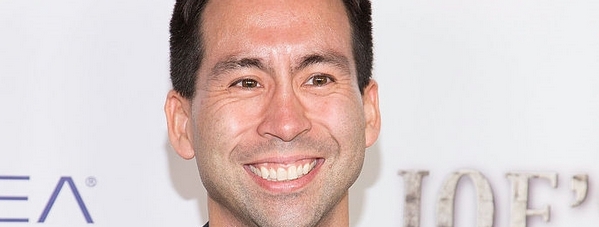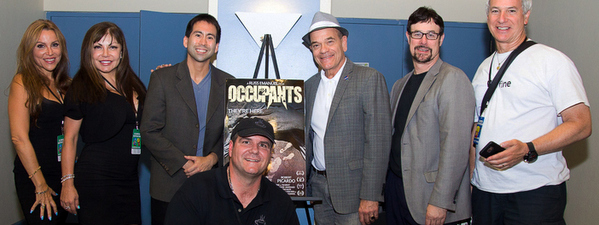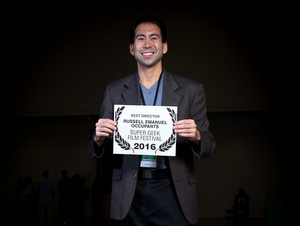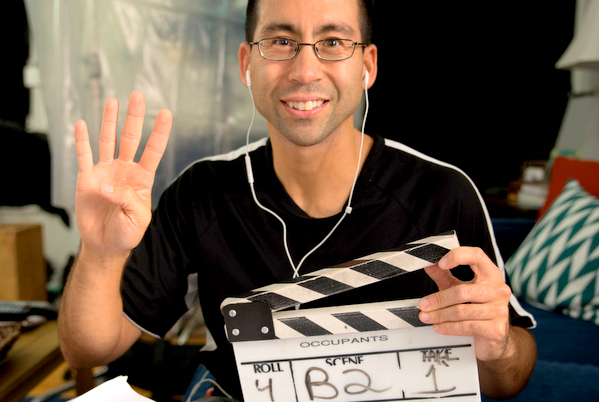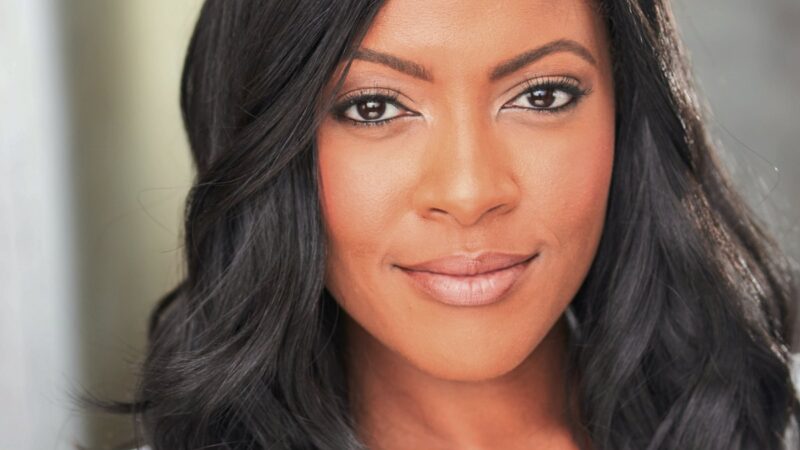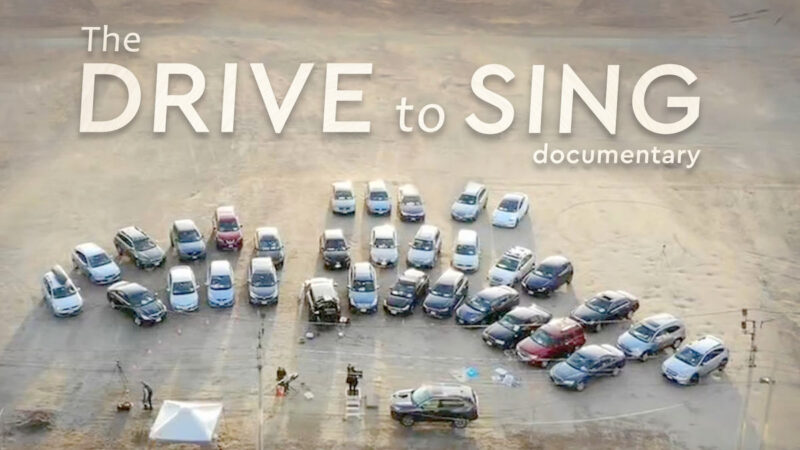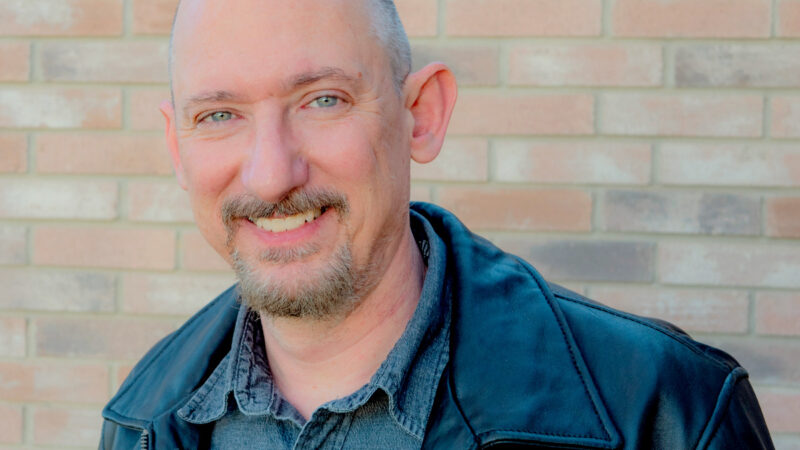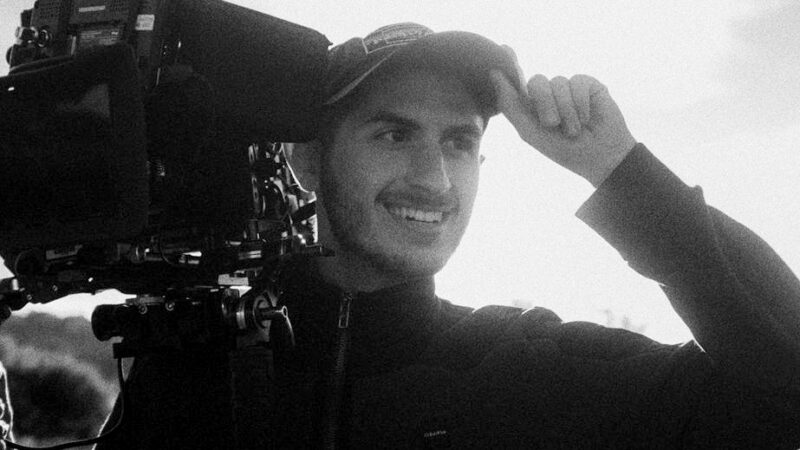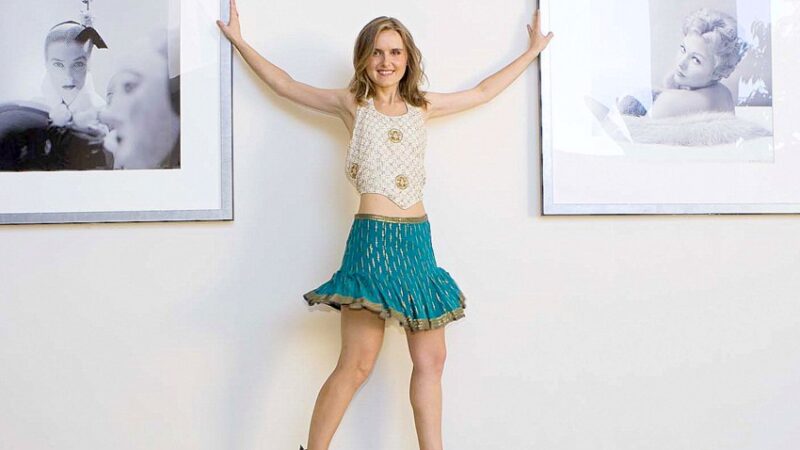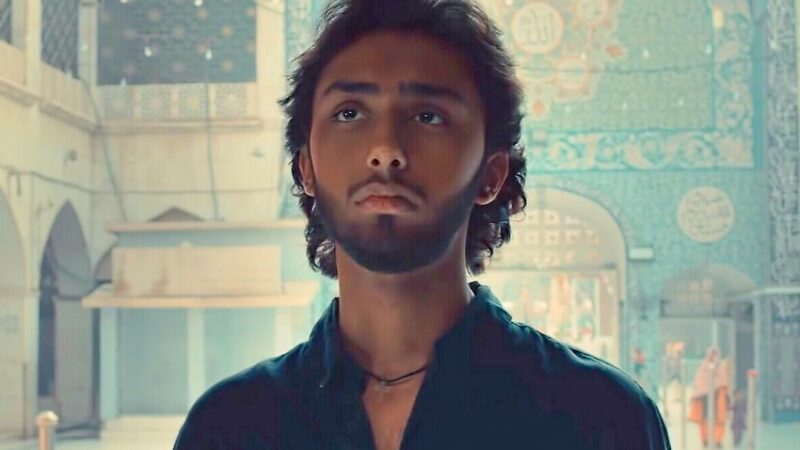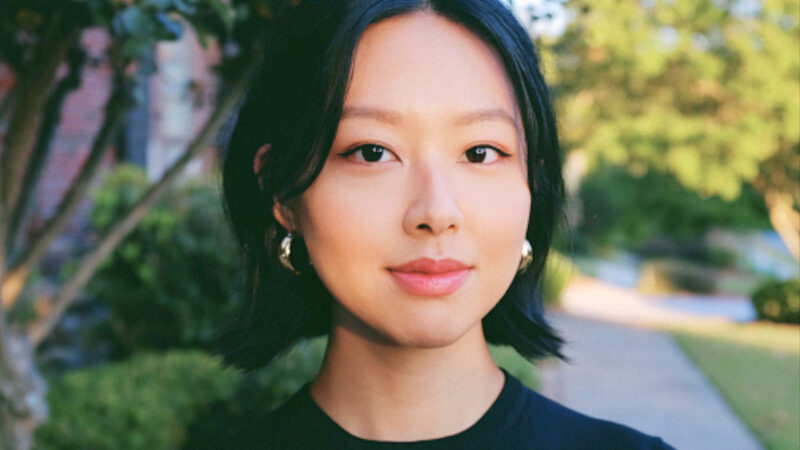We just won “Best Director” Award at the Florida Supercon Film Festival and Robert Picardo helped to rep the film with us.
Originally from San Francisco, Russ Emanuel grew up in both Japan and the United States, garnering an international viewpoint of the world throughout his childhood. After graduating from the University of Southern California to study Cinema-Television, International Relations and Japanese, (and gaining more production experience at the UCLA Extension Program), he founded Russem Productions in 2002 in order to promote his short films including “Her Knight” (2003), the award-winning “Girl With Gun” (2005), and the documentary “Restoration of Paradise” (2014). Presently, “Occupants” (2015) marks Emanuel’s fourth foray into feature filmmaking, after having directed “P.J.” (2007), “Chasing the Green” (2009), and “The Legends of Nethiah” (2012).
I liked a @YouTube video from @russellemanuel https://t.co/216mMrxbBS “Occupants” Behind-the-Scenes ‘Introduction’ Video (Short
— Occupants (@RussellEmanuel) June 24, 2016
How would you describe your work as a director
I am musically inclined, having grown up on the scores of composer John Williams. So for my films, I pay especial attention to the music arc. For me the composer is the unseen actor, the one who helps amplify emotions as the story progresses.
I also enjoy the dichotomy of life, as someone who is half American and half Japanese, as someone from two very different cultures. So I like to explore the theme of self-reflection and conflicting thoughts within oneself, such as in “Girl With Gun” about a character who lives in two different worlds. During the night, she’s the Nightingale, a female vigilante assassin helping those who cannot help themselves, and in the daytime, Gwen Hunter, a 20-something working woman with personal and relationship issues. This is especially amplified by the use of shadows on her face, to show her contrasts, her struggles.
How did you get into directing
I always loved film, even as a 5-year-old kid who watched the Richard Donner version of “Superman” over 50 times. Something about the film, its sweeping epic scope of a story, to John Williams’ iconic score, to the proper casting of Christopher Reeve, and Kal El’s conflict at being both Superman and Clark Kent, being able to help people but at the same time not being able to save his own loved ones.
As I grew older, I watched more films, especially those of Steven Spielberg and Alfred Hitchcock. In 1994, I eventually decided to create a movie of my own for a high school project – an episode of “Star Trek: Deep Space Nine” called ‘Hidden Identities’. This required me to hire cast and crew, build sets, shoot the project, and edit and add music. It took a whole school year and taught me a lot about filmmaking. This project was also the reason I got into the University of Southern California Cinema School.
How do you choose a project to direct
I work closely with my producer Howard Nash (whom I worked with on four feature films and one documentary). We look at scripts that he has optioned and decide which project to pursue. I look for something that can tell a story in a very concise manner, something that requires an emotional arc from my actors.
Briefly describe in a few words wrong impressions actors, writers,and directors have about directing
I think the wrong impression would be that directing is only about directing actors. It most definitely an integral part of the occupation, but there is more than that. It’s about the entire project, from beginning, middle, and end and even in the promotion stage. The director’s job is to encompass the art as a whole and bring it to fulfillment.
For the writer, sometimes they would get offended if the script changes during the shooting stage – but sometimes they don’t understand that based on logistics or an actor cast, it may have to change to fit the location or an actors’ inability to say certain words. But at the same time, I want to ensure that the basic essence of the story and a majority of the dialogue remain the same.
Other directors sometimes would look at another director’s film and say, “I can do better”. I think a better way to think would be “I can do it my own way.” Art is subjective, with no real right or wrong. What may be “right” or “wrong” to one director is the exact opposite to another. Hence you would have Sir Kenneth Branagh’s take on “Henry V” versus Sir Laurence Olivier’s direction. Is one better than the other or are they just subjectively different?
Do you take courses to increase you craft
Yes, I do. I have taken classes such as Alex D’Lerma’s Cinema Gym workshop which pairs directors with actors. Or Judith Weston’s “Acting for Directors” class, which has directors take on the part of actors to get into their mindset about how they interact with their director.
What books do you read
I read a variety of books by different authors, such as Isaac Asimov’s “Foundation’s Edge”, Stephen Baxter’s “The Time Ships”, Sue Grafton’s “A is for Alibi”, or Terry Brooks’ “Elfstones of Shannara”.
Why will you choose an actor, writer or producer. What do you look for
I work for someone I can get along with, someone who also at the same time challenges me to think outside the box. There’s nothing worse than complacency.
For instance, when I worked with my actress Briana White for “Occupants”, she would always ask me questions about her character and motivations. If I didn’t have an answer, I wouldn’t have made a very good director in my book. So I always challenged myself to completely understand her character of “Annie Curtis”.
Same goes with my producer Howard Nash, who would have brilliant ideas I overlooked or vice versa. For instance, he was the one who realized we need to change the script due to certain words said that were under a copyright infringement and we couldn’t get permission.
With a writer, I want someone who understands the story beats and characters arcs and is willing to make changes as per necessity (such as when due to an aforementioned logistical issue, certain dialogue must be tweaked). In “Occupants”, it was originally supposed to have many more cameras set up throughout the house so that some would capture a parallel version and others wouldn’t, but because of our location, that wasn’t possible. So I had to have our writer Julia Camara tweak it so that it would still make sense to have less cameras, so that the cameras themselves “glitched” back and forth between the real and parallel worlds.
When you are offered a job, what things do you put in place to do a good job
I always break down the script into various breakdowns such as character, prop, location, and wardrobe. I then do a storyboard and shot list and make sure it is all done before we start shooting. I want as many rehearsals possible with my actors and preferably at the very location, or at least with props for them to use.
When it comes to production, I would spend 30 minutes every morning by myself on set before any of the cast and crew arrive to get myself situated.
In post-production, I would meticulously work with the editor, composer, visual effects team and sound designer to create the world I am seeking. This most definitely means doing additional breakdowns to help them realize that visions.
Briefly explain your latest work
“Occupants” is about a young couple named Annie and Neil Curtis who plan and produce a 30 day “Clean Living” documentary. Setting up cameras all over their house to document their newly created “lifestyle”, these very cameras capture a “parallel” version of themselves from another dimension. At first they can only “see” their parallel selves via the footage they captured. But soon their “doubles” begin threatening the unsuspecting couple, who must find a way to close the dimensional portal they inadvertently created. By consulting Dr. Alan Peterson (played by Robert Picardo) of the Peterson Research Institute, they devise a plan to do just that.
What thing/situation helps you during production
It helps that I hold a meeting of cast and crew at the beginning of a production and get to know each other, since we will all be a tight-knit family working closely together for weeks on end. For me, my cast and crew are my family and when we work well together, the “magic” is translated onto the screen.
I liked a @YouTube video from @cosmiccafeshow https://t.co/SNtXRJAX1p July 1, 2016 – Panel Discussion of the Makng of Occupants The
— Occupants (@RussellEmanuel) July 2, 2016
Explain a creative choice you took on set on a recent production
I decided I wanted to have a scene where my main character “interacts” with her parallel self. This meant not only did my actress Briana White have to play her peppy blonde Annie Curtis character, but the brunette and brooding Parallel Annie Curtis, who ends up hitting the real Annie with a frying pan.
Since I really wanted this scene, we had to plan this way ahead of time, such as where both characters’ marks were and what the correct eye line would be. Now of course both characters are played by the same actress, making this tricky. So I had my behind-the-scenes videographer Eric Kask shoot the video village monitor for all four takes we did for the real Annie Curtis and then the same for the parallel self. And then I imported his videos into my editing system on my laptop and did a quick combining to see if it worked, and luckily it did.
This “money shot” ended up taking 5 hours to film, since most of the time was taken up by the actress having her hair dyed to a brunette color, while keeping the camera stationary and having no one disturb the “hot set”, since if anything was moved even a little bit, the shot would be ruined and we couldn’t combine the real and parallel Annie’s performances.
How do you advise directors to find projects
Filmmakers always need to be true to themselves. Everyone has a story they want to tell. Tell the story that moves you and something you feel the world needs to know about. Don’t think about whether or not it’s doable because of budget reasons or anything else. Don’t let these obstacles stop you from telling your story. You’ll regret it.
How can filmmakers finance projects
There are many ways including private investors, loans, or as we did with “Occupants”, crowdfunding through sites like Indiegogo or Kickstarter. Basically, there is no one right way.
I liked a @YouTube video from @cosmiccafeshow https://t.co/cloAhQ0y2E JULY 1, 2016 – LIVE BROADCAST FROM THE FLORIDA SUPERCON
— Occupants (@RussellEmanuel) July 2, 2016
What do you want from an actor in production
I want them to have completely immersed themselves in the character they are playing and know their lines. This way it makes it easier to do each scenes and takes. I also want them to ask questions to me if they are uncertain as to their motivations. That is a main reason why I am there, to help them with their performances.
How do you prefer to work with a producer during a production
I want the producer to give me creative leeway unless there’s a logistical problem which would require me to think outside the box. For instance, for “Chasing the Green”, I had to combine two shoot days into one because of a budgetary issue and, that being the case, I had to creatively find ways to do just that.
What do you think a director can do to get into the film industry
Get your name out there through various promotional methods. These includes interviews, film festivals, and social gatherings.
Who is your favorite director
Alfred Hitchcock.
Why
I like how he is able to bring out the performance from his actors and knows how to create a visual world that is also accompanied by rousing music.
Russ Emanuel Director Demo Reel from Russell Emanuel on Vimeo.
What advice would you give to directors around the world
Just go out there and make films. Even if it’s a short film or a webisode, if you have a story you want told, do your best to do just that. There is no right or wrong way to be a narrator of motion pictures.
Briefly write about your career
I have done, Occupants (2015) , a feature film with Robert Picardo, Briana White, Michael Pugliese; Restoration of Paradise (2014), a documentary narrated by Robert Picardo.; The Meeting (2013), I directed 2 webisodes, with Jack Brenner, Dyanne Mercante, Cris Colicchio, Paula Blum; The Legends of Nethiah (2012), a feature film, starring Robert Picardo, Jared Young, and Jeremiah Sayys; Cult 11 (2010), I directed 2 webisodes with John Paul Ourvrier, Radhika Chaudhari, Timothy Lee Conley; Chasing the Green (2009), a feature film with Jeremy London, Ryan Hurst, Heather McComb, William Devane, Dan Grimaldi, Larry Pine, Patricia Rae, and Robert Picardo; P.J. (2007), my first feature film with John Heard, Robert Picardo, Vincent Pastore, Patricia Rae, Glynnis O’Connor, and Hallie Kate Eisenberg; Girl With Gun (2005), a short film with Tracy O’Connor, Michelle Lee, Michelle Martin, Erick Holloway; Her Knight (2003), a short film with Victoria Chalaya, Emil Lin, and Archie Drury. Was my very first professional short film and learned how to work with a professional cast and crew.
INTERVIEWS
more interviews

